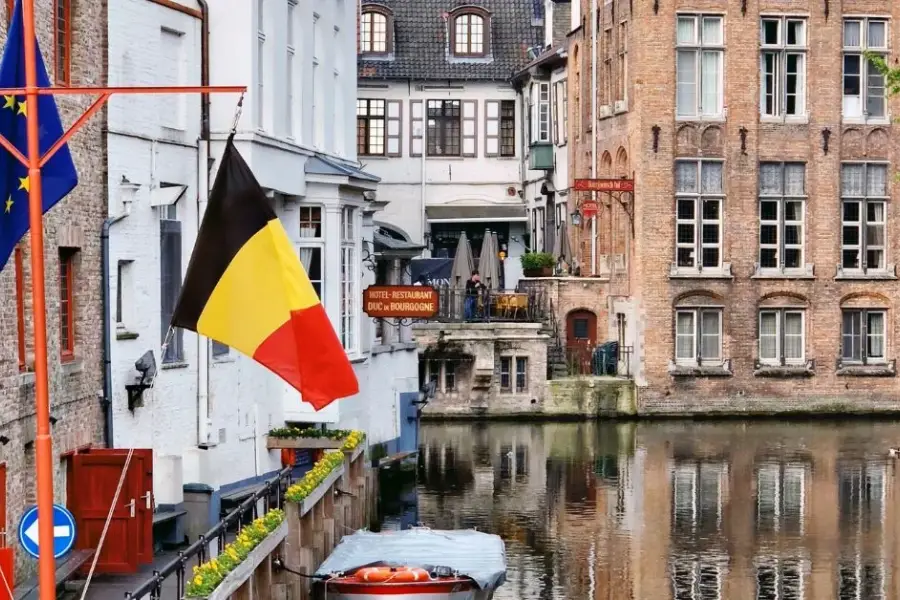 Belgium’s gambling regulator, the Kansspelcommissie (KSC), has reminded its licensees to warn players about the possible risks of gambling through all possible communication channels. The new requirement comes as part of the recently implemented ban on gambling advertising. The Belgian government has decided to impose a blanket ban on gambling advertising across various platforms, including television, radio, cinemas, magazines, newspapers, and public spaces. The ban became effective on July 1.
Belgium’s gambling regulator, the Kansspelcommissie (KSC), has reminded its licensees to warn players about the possible risks of gambling through all possible communication channels. The new requirement comes as part of the recently implemented ban on gambling advertising. The Belgian government has decided to impose a blanket ban on gambling advertising across various platforms, including television, radio, cinemas, magazines, newspapers, and public spaces. The ban became effective on July 1.
The gambling regulator has contacted all gambling companies licensed in Belgium to remind them that all their communications and messages visible to players must carry preventive messages, emphasizing that gambling can be addictive and that setting limits is advisory. Last month, the gambling regulator changed the preventive message from “Please play in moderation” to “Gambling is addictive”. Furthermore, Article 25 of the Royal Decree stipulates that operators’ messages to their customers must provide links to the country’s self-exclusion scheme, also known as Stopoptijd.
From January 2025, gambling advertising in stadiums will be banned. The Belgian government has decided to enforce a sponsorship ban in 2028 in order to allow existing deals to expire naturally. The new measures aim to curb gambling addiction and debt. The ban was heavily criticized by operators, but lawmakers argued that it followed research, revealing that advertisements encourage people to try gambling or gamble more.
Belgian Lawmakers Hope the Ban Will Curb the Impact of Gambling Advertisements on People, But How Will It Affect the Market?
The blanket ban was initially introduced by Vincent Van Quickenborne in a bid to minimize the impact of gambling commercials. Gambling companies, however, did their best to convince lawmakers to thwart the ban, but their attempts failed. Under the new Royal Decree, Belgians must be at least 21 years of age instead of 18 to engage in gambling activities.
Despite the stiff gambling advertising standards, Belgium still whets the appetite of many foreign operators. Last month, Betsson announced that it would enter the Belgian market through the acquisition of betFIRST. Software provider Pragmatic Play also expanded its footprint on Belgian soil by signing a content agreement with Peppermill Casino.
At the beginning of this month, Belgium’s Competition Authority announced the distribution agreement between Entain’s Ladbrokes and French betting operator Pari-Mutuel Urbain (PMU) was against the country’s competition rules.
The Netherlands, one of Belgium’s neighbors, has also implemented a similar ban on gambling advertising. The ban came into effect on July 1, prohibiting operators from promoting their gambling services on radio, television, and billboards. The measure was proposed following a public outcry over the number of gambling commercials bombarding people every day. From July 1, 2024, gambling sponsorships of sporting events and programs, while sponsorships of sports venues and clubs will be banned from 2025. Operators, however, can advertise their gambling products within online gaming environments, on-demand streaming services, social media, or through direct mail.